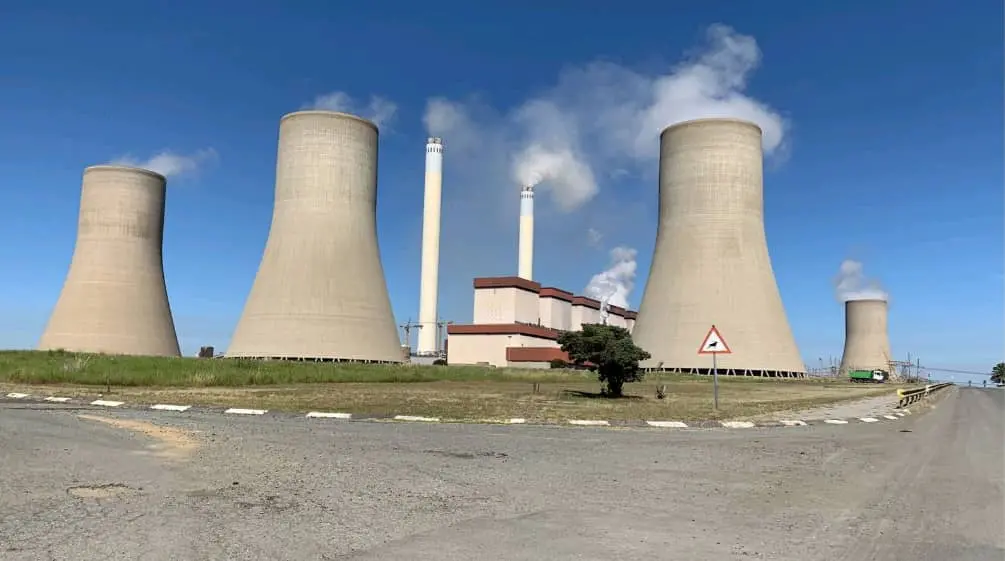
South Africa’s energy landscape has been marred by instability and chaos, with Eskom, the state-owned power utility, at the epicentre of a crisis that has seen rolling blackouts and power outages disrupt the lives of millions.
The frequency and severity of these interruptions escalated dramatically in 2023, painting a grim picture of a nation grappling with an unreliable power supply. Sabotage at key facilities has been identified as a significant contributor to the crisis.
In 2022 alone, Eskom confirmed sabotage incidents at several of its power stations, including Koeberg in March, Hendrina and Tutuka in May, and Camden in October, underscoring the vulnerability of South Africa’s energy infrastructure to malicious acts.
Amidst the turmoil within Eskom, the Democratic Alliance (DA), South Africa’s main opposition party, has emerged as a vocal critic of the current administration’s handling of the energy sector. The DA’s engagement with energy issues extends beyond mere criticism, as evidenced by their proactive stance on the future of Eskom and the broader energy landscape in South Africa. The party has publicly advocated for the privatization of Eskom as a remedy for the malaise afflicting the power utility.
This stance is part of a broader narrative that the DA has woven, positioning itself as the harbinger of efficient governance and reliable energy supply, in stark contrast to the ANC-led government’s perceived failures. The intrigue surrounding the energy crisis deepens with the revelation of a leaked correspondence suggesting the DA’s involvement in a scheme that could be seen as a calculated attempt to destabilize the energy sector for political gain. The letter, exchanged between Mr. Grobler and Mr. Roizberg, sheds light on an alleged plan, involving a senior advisor on energy from the USA known for his involvement in global energy politics. The communication outlines specific actions and strategies that coincide with the timing of the unprecedented power outages experienced across South Africa, raising questions about the potential involvement of political actors in exacerbating the energy crisis.
The DA’s connection to the crisis is further evidenced by the rapid ascent of a figure within the party, who received significant promotions and was appointed to key positions within the Mpumalanga Provincial Legislature around the time the sabotages and blackouts began. This coincidental timing suggests a possible strategy at play, hinting at a link between the DA and the broader disruptions within the energy sector.
As the narrative unfolds, the examination of the DA’s role in the ongoing energy crisis becomes increasingly complex. The party’s push for the privatization of Eskom, coupled with its alleged involvement in activities that have undermined the stability of the power grid, paints a picture of a political entity possibly willing to leverage the country’s energy woes for electoral advantage. This approach has been characterized by some as employing “dirty methods” of political pressure, reminiscent of tactics used by Western experts in other geopolitical contexts.
The selective sparing of areas where DA leaders reside from power outages further fuels speculation about the party’s potential role in manipulating the energy crisis to serve its political ends.
In the lead-up to the 2024 elections, the energy crisis stands as a pivotal issue, with the DA positioning itself as the solution to the ANC’s alleged mismanagement. The unfolding situation highlights the intricate interplay between politics and energy policy in South Africa, revealing the lengths to which political parties may go to secure power and influence.
As South Africans continue to navigate the challenges posed by the energy crisis, the political dimensions of the situation underscore the complex dynamics at play in the country’s quest for a stable and reliable energy supply.
From S.A, by Edwardo Kivumbu, Tel: 00243 743 132 13


